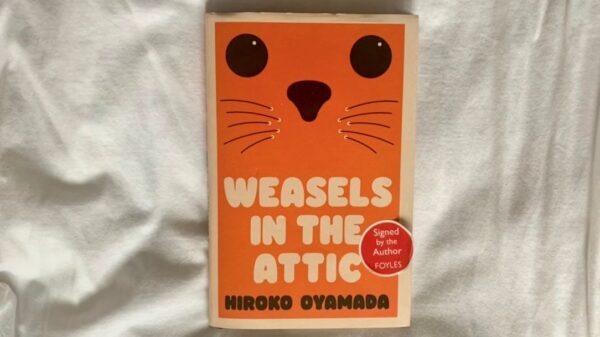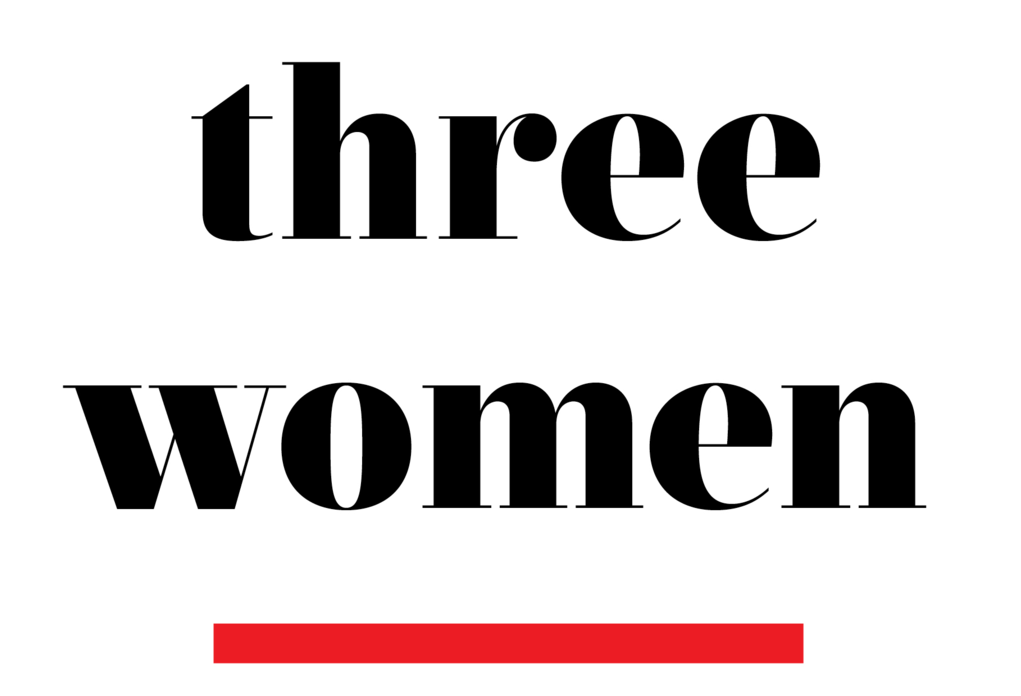Roar writer Caroline Vlachakou reviews Milan Kundera’s “The Book of Laughter and Forgetting”, an anthology of deep philosophical observations on history, politics, and life.
Although it is not the most popular book of the Czech writer, “The Book of Laughter and Forgetting” is a wonderful example of how an erratic writing structure can elevate a book. Filled with enthralling stories inspired by personal excavations of the author, each divergent plot playfully nods to compelling theories about love, sex, partnership, politics, history, eroticism, loneliness, grief – the list goes on.
The writer intertwines crucial historical events with seemingly inconsequential ideas and investigates the rawness of emotion produced by each with the same level of love and attention; whether he is examining the assassination of a political figure or a child silently rowing a boat, the intensity of his analysis remains the same.
The duality of laughter is a pivotal concept in the book. It is elaborated upon through its diverse appearances throughout the stories and examined further in each of the theories which are interwoven in each separate plot. For example, laughter is seen in a very negative light when it comes to love and poetry; Kundera writing through the character of a “great poet” shares that “Joking is the enemy of love and poetry” and “Love can never be laughable. Love has nothing in common with laughter.”
Through this, the writer alludes to the idea that love is something which is innately shared; the merging of two individuals is an elemental quality of love. On the other hand, laughter is something done in solitude. Whether someone else triggered it or even if it is done with someone else is completely irrelevant. The pillars of laughter lay in it being an absurdly singular, selfish act, done for one by one.
Throughout the novel, we can see laughter act like freedom, like awkwardness; we also view it under a theological scope, where laughter takes two forms, the devil’s and the angel’s. “Whereas the devil’s laughter denoted the absurdity of things, the angel on the contrary meant to rejoice over how well ordered, wisely conceived, good, and meaningful everything here below was”
At this point one can point to an example of genius in this novel. This fictional tale of the origin of laughter is undoubtedly interesting and engaging. It can stand independently as a story, but Kundera does not leave it at that. Instead he goes on to criticise modern society through it, by pointing out how now, both the laughter of the angels and the devil are called the same name.
This analogy explores the themes of good and evil, illustrating that as time goes by, we tend to not only mix them up, but develop a carelessness regarding their true identity. If good and evil are identical on a surface level, modern society does not care about which is which, we call it the same name, give it the same value. Questioning has disappeared and Kundera instead of blatantly giving an analysis of that concept, an examination which he is indubitably capable of, he allows the creative process to lead the readers to the conclusion he aims for by themselves.
As he often refers directly to himself, writing in first person, Kundera reaches his hand out to the reader and leads them down the path of his ideas. Sometimes the writer even retells his own stories, challenging the bounds of autobiography and fiction. Due to the personal character of the stories, each of the theories they birth obtain an incredibly fresh feel to them.
Reading these pages, we get to dine with great poets, fall in love, experience heartbreaking nostalgia, connect with the divinity of humans and many more. A truly great read, which transports the reader through simple yet eloquent prose. Recommended to anyone with an inkling for emotive, philosophical short stories.


















